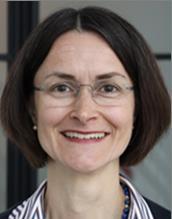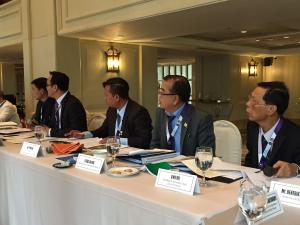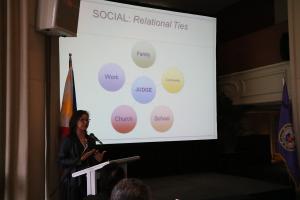Workshop
Details
"When we talk about Judicial Ethics, we talk about the grey areas."
The almost sixty participants of the Roundtable Discussion on Judicial Integrity invited by the Philippine Judicial Academy (PHILJA) and KAS Rule of Law Programme Asia agreed to this statement by Philippine Associate Justice (Court of Appeals) Maria Filomena Singh when they discussed challenges to the independence of the Judiciary in Asia. Judges, prosecutors and other experts from eight Asian countries looked at both practical elements that can have an influence on judicial integrity, like financial resources and salaries, selection, appointment and promotion processes and performance evaluation as well as "soft" factors, like the fact that judges or prosecutors are not sitting in an "ivory tower", but are socio-cultural human beings with relational ties and a set of values influenced by their environment and which may lead to conflicts of interests. The importance of raising the awareness of these factors in both the members of the judiciary and the citizens as court users was repeatedly stressed. Also, the perception of the judiciary by the media and the public at large was a matter of the very lively and surprisingly open debates.
In his keynote speech delivered via video conference, the UN Rapporteur on the Independence of Judges and Lawyers, Diego García-Sayán, outlined the tasks of his office and emphasised the aspects that can influence the independence of the Judiciary and the integrity of its members. He also highlighted the important impact of corruption and organised crime on the independence of the judiciary, which will be a topic of his upcoming report to be presented to the UN General Assembly.





